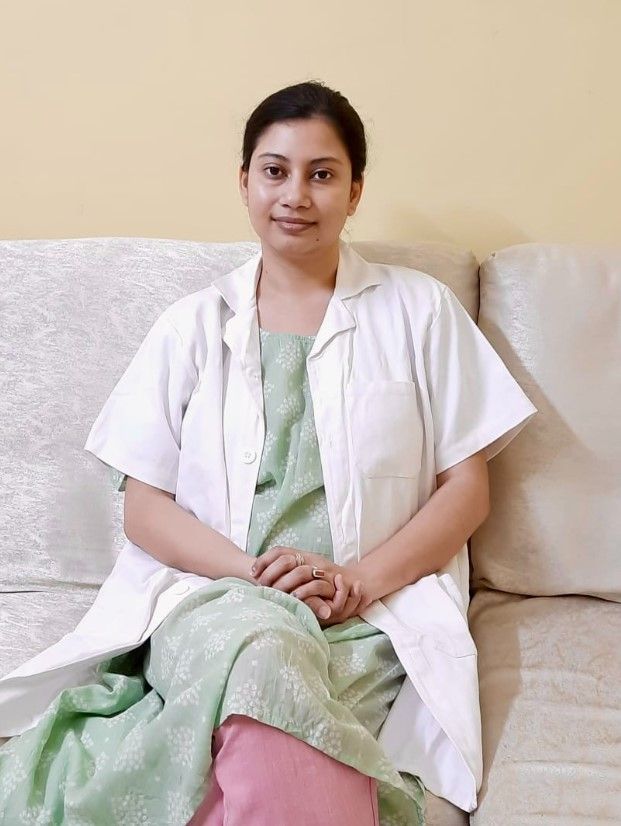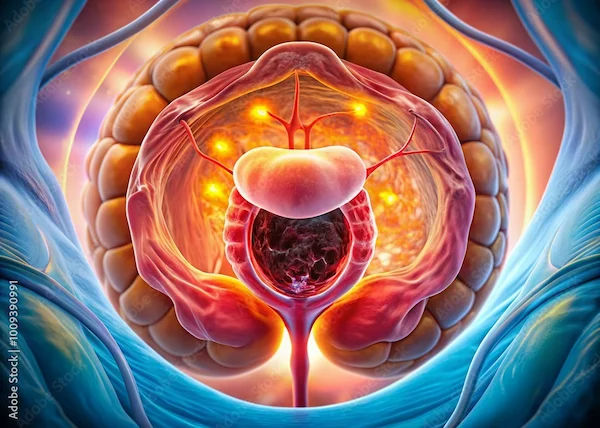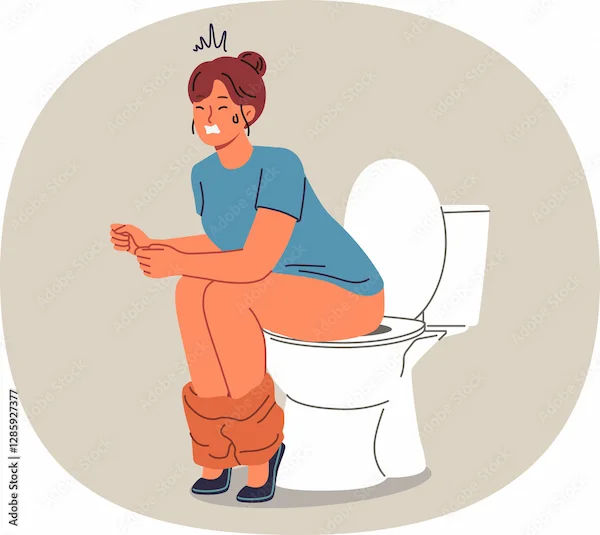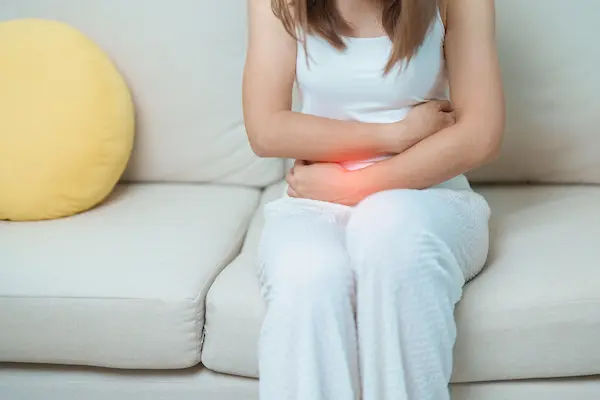Depression After Hysterectomy
Feeling emotionally low after a hysterectomy? Learn why depression can occur post-surgery, the symptoms to watch for, and how to find relief with the right support and care.

Written by Dr.Sonia Bhatt
Last updated on 13th Jan, 2026

Introduction
A hysterectomy—the surgical removal of the uterus—can be a life-changing procedure for many women. While it may be necessary for medical reasons like fibroids, endometriosis, or cancer, the emotional aftermath can sometimes be challenging. One common but often overlooked issue is depression after hysterectomy. If you or someone you know is struggling emotionally post-surgery, this article will help you understand why it happens, recognise the symptoms, and explore ways to cope.
Why Does Depression Occur After Hysterectomy?
Depression after a hysterectomy can stem from multiple factors, including:
1. Hormonal Changes – If the ovaries are removed along with the uterus (oophorectomy), estrogen and progesterone levels drop suddenly, leading to mood swings, irritability, and depression.
2. Grief and Loss – Some women experience a sense of loss, especially if they had hoped to have children or associate their uterus with femininity.
3. Physical Recovery Stress – Pain, fatigue, and slow recovery can contribute to feelings of frustration and sadness.
4. Lack of Support – Feeling isolated or misunderstood by family and friends can worsen emotional distress.
5. Pre-existing Mental Health Conditions – Women with a history of anxiety or depression may be more vulnerable.
Consult Top Specialists for Personalised Advice
Symptoms of Depression After Hysterectomy
Depression isn’t just "feeling sad"—it can manifest in different ways, including:
Persistent sadness or emptiness
Loss of interest in activities once enjoyed
Fatigue and low energy
Sleep disturbances (insomnia or oversleeping)
Changes in appetite (overeating or loss of appetite)
Difficulty concentrating
Feelings of guilt, worthlessness, or hopelessness
Physical symptoms like headaches or body aches without a clear cause
If these symptoms last for more than two weeks, it’s important to seek help.
How to Cope with Depression After Hysterectomy
Several supportive strategies may help in managing emotional health after hysterectomy.
1. Seek Professional Help
Therapy (Counselling or CBT): Talking to a therapist can help process emotions and develop coping strategies.
Medication (if needed): Antidepressants or hormone replacement therapy (HRT) may be recommended in some cases.
2. Build a Support System
Talk to loved ones – Sharing your feelings with trusted friends or family can ease emotional burden.
Join support groups – Connecting with other women who’ve had hysterectomies can provide comfort and understanding.
3. Prioritise Self-Care
Gentle Exercise: Walking, yoga, or stretching can boost mood and energy.
Balanced Diet: Foods rich in omega-3s like fish and nuts, and vitamins like leafy greens and fruits, support mental health.
Adequate Sleep: Maintain a regular sleep schedule to improve emotional well-being.
4. Manage Stress
Mindfulness & Meditation: Deep breathing exercises or guided meditation can reduce anxiety.
Journaling: Writing down thoughts can help process emotions.
5. Educate Yourself
Understanding that post-hysterectomy depression is common and treatable can reduce feelings of isolation.
When to Seek Medical Help?
If depression affects daily life—making it hard to work, eat, or enjoy life—consult a doctor. Apollo 24|7 offers expert consultations with gynaecologists and mental health professionals who can guide you through recovery.
Final Thoughts
Depression after hysterectomy is real, but it doesn’t have to define your life. With the right support, self-care, and professional guidance, you can regain emotional balance and move forward positively. If you’re struggling, remember—you’re not alone, and help is available.
Need support? Book a consultation with a specialist on Apollo 24|7 today.
Consult Top Psychologists
Consult Top Specialists for Personalised Advice

Ms. Sridevi
Counselling Psychologist
5 Years • BSC,MSC Clinical Psychology
Bengaluru
Apollo Medical Center, Marathahalli, Bengaluru

Ms Rajashree Navthale
Psychotherapy & Counselling (ASM)
8 Years • MA in Counselling & Psychotherapy, PG Diploma in Counselling & Psychotherapy.
Akola
Connect Counselor, Akola

Miss. Vaishnavi Sankeshwar
Psychologist
5 Years • Msc Clinical Psychology
Bengaluru
Apollo Clinic, JP nagar, Bengaluru

Ms. Moumita Ganguly
Psychologist
13 Years • B.ED(Special) Visual Impairment , PG.Diploma in Rehabilitation psychology
Kolkata
M’s Clinic, Kolkata
(150+ Patients)

Ms. Pallavi Anand
Psychologist
1 Years • BA, MA Psychology
Varanasi
Navi Mental Health Care, Varanasi
Consult Top Psychologists

Ms. Sridevi
Counselling Psychologist
5 Years • BSC,MSC Clinical Psychology
Bengaluru
Apollo Medical Center, Marathahalli, Bengaluru

Ms Rajashree Navthale
Psychotherapy & Counselling (ASM)
8 Years • MA in Counselling & Psychotherapy, PG Diploma in Counselling & Psychotherapy.
Akola
Connect Counselor, Akola

Miss. Vaishnavi Sankeshwar
Psychologist
5 Years • Msc Clinical Psychology
Bengaluru
Apollo Clinic, JP nagar, Bengaluru

Ms. Moumita Ganguly
Psychologist
13 Years • B.ED(Special) Visual Impairment , PG.Diploma in Rehabilitation psychology
Kolkata
M’s Clinic, Kolkata
(150+ Patients)

Ms. Pallavi Anand
Psychologist
1 Years • BA, MA Psychology
Varanasi
Navi Mental Health Care, Varanasi




